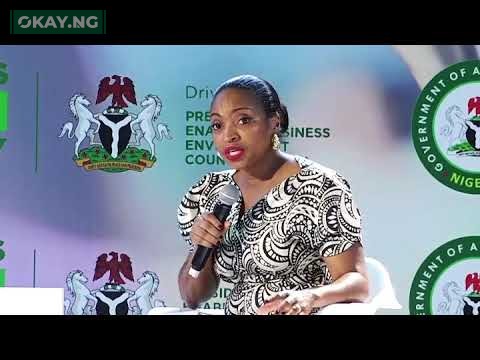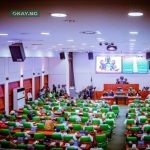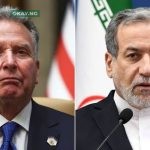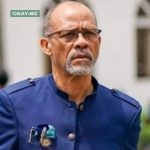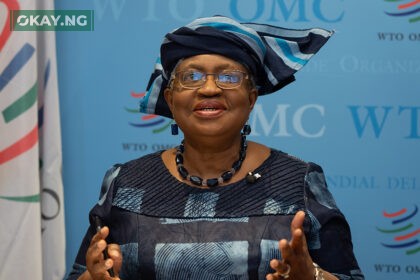The Federal Government has temporarily suspended the contentious annual dues imposed on public interest entities by the Financial Reporting Council of Nigeria (FRCN). This decision, announced by Jumoke Oduwole, Honourable Minister of Industry, Trade, and Investment, comes after a wave of concerns from the organized private sector, including the Nigeria Employers’ Consultative Association and the Manufacturers Association of Nigeria, regarding the financial implications of the Financial Reporting Council (Amendment) Act 2023.
“The government has decided to direct the Financial Reporting Council to pause in the implementation of the new annual dues,” Oduwole stated during a stakeholder forum, acknowledging the need for a thorough review. “You know that I am a lawyer, and a suspension request by the organised private sector would be in contravention of legislation duly passed by the National Assembly. A pause is an administrative process simply to review, in line with what we discussed today.”
The 2023 amendment, which introduced cumulative annual charges and a punitive 10% monthly penalty for late payments, ignited a firestorm of criticism. Stakeholders argued that these measures, particularly Section 33(1)(c) which mandates quoted companies to pay dues based on 0.002% of their market capitalization or N25 million, whichever is lower, could severely strain businesses already navigating a challenging economic landscape.
“Think about the impact on a mid-sized manufacturing firm struggling with rising input costs,” I considered, listening to the stakeholders. “The burden of these new dues, coupled with the potential for compounding penalties, could push them to the brink.” The emotional weight of this reality was palpable, as business owners articulated their fears.
Read Also: Mutual Benefits Assurance Shares Rebound as NGX Lifts Trading Suspension
The government’s response, however, demonstrates a willingness to engage in dialogue. Oduwole emphasized a “listening administration,” assuring that the suspension would not exceed 60 days. “We are a listening administration. The private sector has requested a range from three months to an indefinite suspension. We are not going to do that. So, at the most, 60 days is in my estimate. We are going to set up a technical working group comprised of the FRC and the organised private sector who have formally written in, and this will be reviewed,” she said.
This technical working group, comprising representatives from the FRC and the private sector, will aim to strike a balance between regulatory compliance and fostering a conducive business environment. This echoes broader global discussions regarding the role of regulation in supporting economic growth. As noted by the World Bank, “effective regulation is essential for creating a level playing field and promoting sustainable economic development.” (World Bank, “Doing Business 2020”).
The implications of this suspension are significant. It signals a recognition that regulatory policies must be carefully calibrated to avoid stifling economic activity. By fostering constructive dialogue and collaboration, the government aims to ensure that regulatory frameworks support, rather than hinder, the growth of businesses in Nigeria. This approach is critical to achieving the nation’s economic transformation agenda, ensuring that businesses, both large and small, are supported in a fair and sustainable manner.


